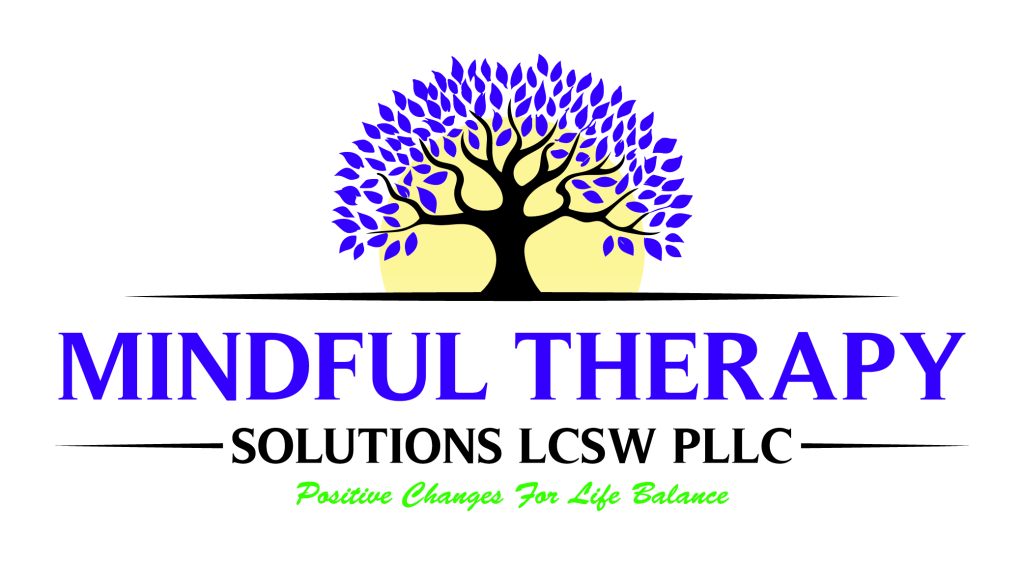Every relationship has its moments of connection and its moments of challenge. Whether it’s communication difficulties, recurring disagreements, or emotional distance, couples can find themselves in need of strategies to strengthen their bond. This is where couples therapy becomes a powerful tool for growth. By understanding and applying effective couples therapy techniques, partners can create a deeper sense of trust, improve communication, and rekindle their emotional connection.
Many people wonder, does couples therapy work, and the answer is often yes—especially when both partners are committed to the process. The success of therapy depends not only on professional guidance but also on the techniques used to address the couple’s unique challenges. Here we explore some of the most impactful relationship therapy for couples approaches that can be integrated into sessions and everyday life.
Building a Foundation with Active Listening
One of the most important couples counseling techniques is active listening. This involves giving your full attention to your partner, refraining from interrupting, and reflecting back what you hear to ensure understanding. It is a simple yet profound way to make each partner feel heard and valued, reducing the chances of misunderstandings.
Practicing Emotional Validation
In relationship therapy, emotional validation means acknowledging your partner’s feelings without judgment. Instead of dismissing or minimizing emotions, you accept them as real and important. This helps create a safe space where both partners can express themselves openly.
Using the Gottman Method for Conflict Resolution
The Gottman Method is one of the most well-known therapy for relationship issues techniques. It focuses on understanding each partner’s love maps, building appreciation, and managing conflict in healthy ways. This method teaches couples how to replace negative interactions with positive ones.
Rebuilding Trust Through Transparency
For couples dealing with broken trust, transparency becomes essential. This means being open about feelings, intentions, and actions. In couples therapy, trust-building techniques help partners feel secure and respected again.
Strengthening Bonds with Quality Time
Spending intentional, distraction-free time together is a cornerstone of relationship therapy. This technique encourages couples to engage in activities they both enjoy, fostering connection and joy.
Practicing the Speaker-Listener Technique
This structured communication method ensures that one partner speaks while the other listens attentively, then switches roles. It is often used in couples counseling techniques to improve clarity and prevent misunderstandings.
Learning to Self-Soothe During Conflict
In tense moments, emotions can escalate quickly. Self-soothing techniques, such as taking a break or practicing deep breathing, allow both partners to calm down before continuing the discussion.
Identifying Core Values
Understanding shared and individual core values helps couples align their goals. Relationship therapy for couples often includes exercises that identify these values, making decision-making more harmonious.
Using Positive Reinforcement
Expressing appreciation for your partner’s efforts is a simple yet powerful way to strengthen a relationship. This practice encourages mutual respect and positivity.
Practicing Forgiveness
Forgiveness is one of the most healing couples therapy techniques. It allows couples to release resentment and move forward without carrying the weight of past conflicts.
Exploring Attachment Styles
By understanding each other’s attachment style, couples can better navigate emotional needs and behaviors. This is a common focus in therapy for relationship issues to deepen mutual understanding.
Creating Rituals of Connection
Small, consistent habits—such as morning check-ins or evening walks—can create a sense of security and togetherness. These rituals become anchors in the relationship.
Using the Imago Dialogue
This technique encourages structured conversations where each partner speaks, listens, and empathizes without interruption. It fosters deeper connection and empathy.
Practicing Nonviolent Communication
Nonviolent Communication focuses on expressing needs without blame or criticism. This relationship therapy approach can reduce defensiveness and promote constructive dialogue.
Setting Boundaries with Respect
Boundaries are essential for maintaining individuality while still being connected. In couples counseling techniques, learning to set and respect boundaries prevents resentment.
Reflective Journaling Together
Some couples use shared journals to express thoughts and feelings they might find difficult to say aloud. This can open the door to more vulnerable conversations.
Engaging in Gratitude Exercises
Acknowledging and appreciating your partner regularly is one of the simplest ways to strengthen emotional bonds. Gratitude creates a positive atmosphere in the relationship.
Practicing Mindfulness Together
Mindfulness techniques in relationship therapy for couples encourage partners to be fully present with each other, reducing stress and increasing connection.
Revisiting Happy Memories
Looking back at positive moments in your relationship can reignite affection and remind you of your shared journey.
Addressing the Root Causes of Conflict
Instead of focusing only on surface disagreements, therapy aims to uncover and address underlying issues. This leads to more lasting solutions.
Exploring Shared Goals
Working toward shared goals can give couples a sense of purpose and unity. This can include personal growth, financial planning, or family aspirations.
Encouraging Emotional Safety
Emotional safety means feeling secure enough to be vulnerable. Couples therapy helps create this environment, allowing for honest and open dialogue.
Practicing Empathy-Building Exercises
Putting yourself in your partner’s shoes promotes understanding and compassion, reducing conflict and increasing connection.
Committing to Continuous Growth
A healthy relationship requires ongoing effort. By committing to regular check-ins and revisiting couples therapy techniques, partners can maintain progress over time.
Integrating Therapy into Daily Life
The most effective benefits of couples therapy come when lessons from the sessions are applied consistently outside of therapy. Couples who make these techniques part of their daily lives see long-lasting results.
Why Choose Us
At Mindful Therapy Solutions, we believe that strong relationships are built on understanding, trust, and consistent effort. Our approach to relationship therapy for couples combines evidence-based couples counseling techniques with compassionate guidance tailored to your needs. We work with you to create a safe space where both partners feel heard, respected, and supported. Whether you are exploring new ways to connect or seeking solutions for ongoing challenges, our goal is to equip you with practical tools that lead to lasting positive change.
Final Thoughts
Couples who commit to learning and applying these couples therapy techniques often find themselves communicating more effectively, resolving conflicts with less tension, and enjoying a renewed sense of closeness. The journey may require patience and vulnerability, but the rewards—a stronger, more resilient partnership—are well worth it.
Contact us today to start your journey toward a healthier, happier relationship.


